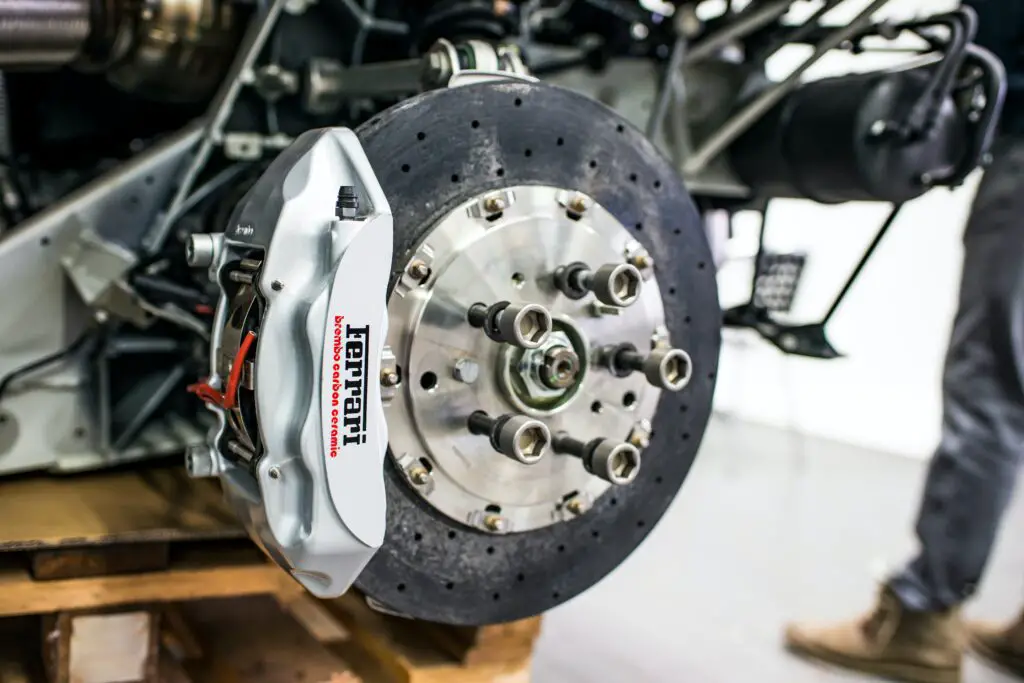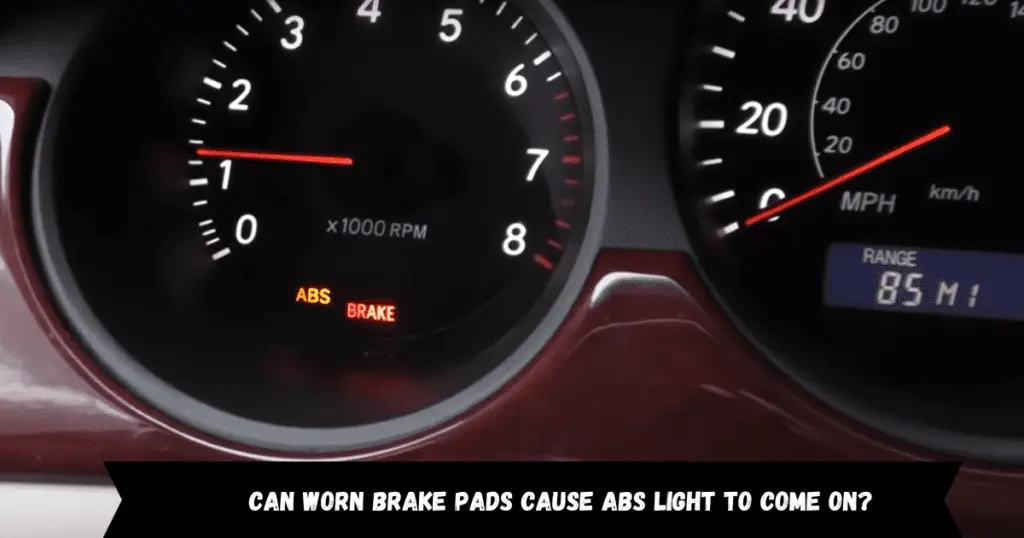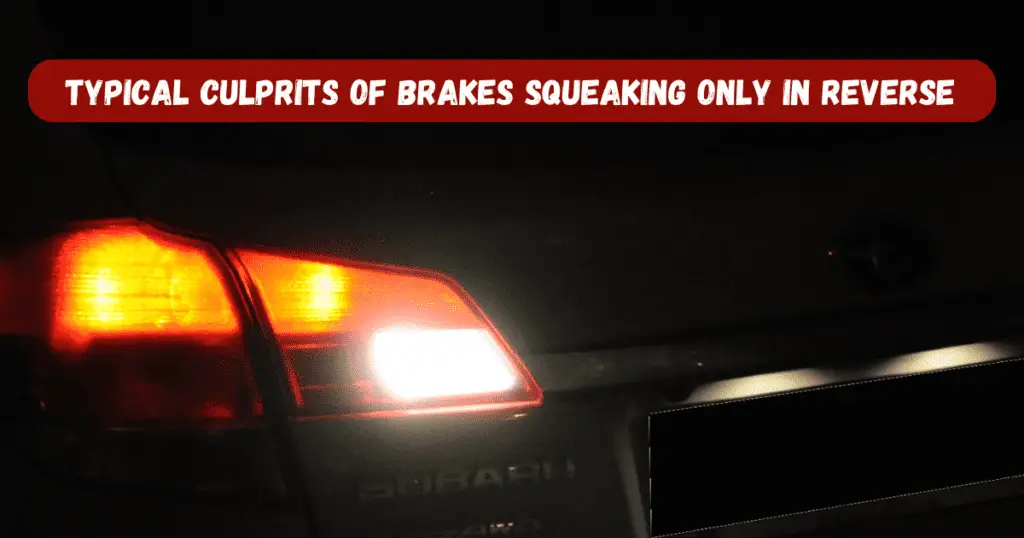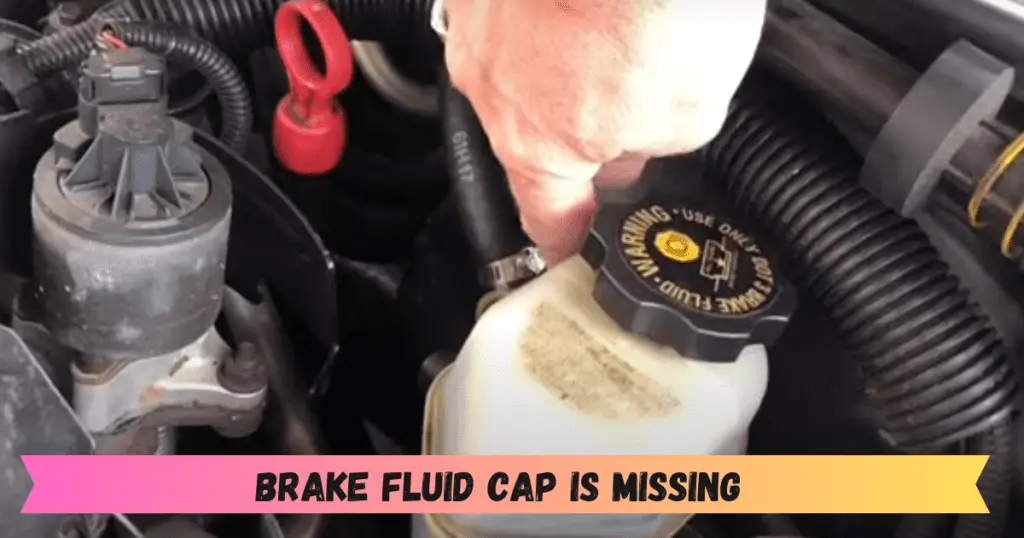Few sounds raise a driver’s hackles like hearing a metal on metal sound when reversing. That coarse metal-on-metal grinding means components are rubbing abnormally. Identifying the specific issue and correcting it before severe transmission damage occurs is key. This guide covers all the likely causes, smart diagnostics, and fixes to eliminate that concerning metal on metal sound when reversing or when you shift to reverse.
Typical Culprits Behind Reverse Gear Grinding
That harsh mechanical grinding or scraping in reverse typically stems from one of these transmission problems:
Low Fluid Level – Insufficient lubrication allows steel parts to rub and scrape.
Worn Clutch Plates – Smoothed friction surfaces slip and chatter when engaging.
Damaged Gear Teeth – Cracked, chipped, or misaligned gears grind when meshing.
Bad Bearings – Seized or collapsed bearings cause noisy gear and shaft rotation.
Faulty Parking Pawl – A stuck parking pawl doesn’t disengage properly creating drag.
General Looseness – Any loose mounts, gears, or shafts clunk together.
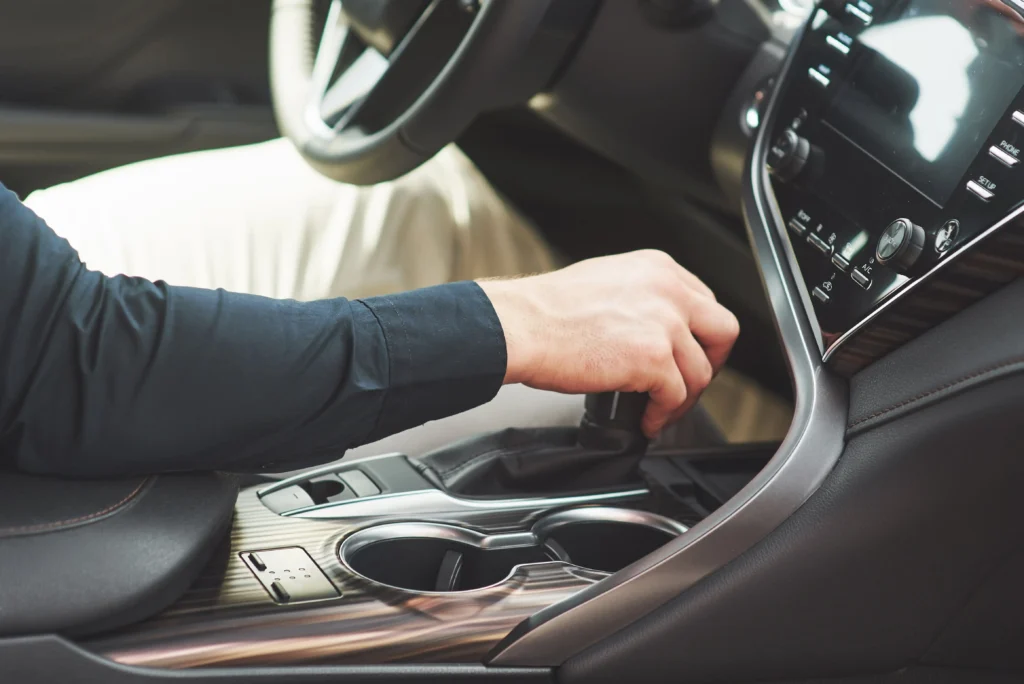
Pay close attention to the specific noise characteristics to isolate the culprit:
| Cause | Noise Details | When Occurs | Other Clues |
|---|---|---|---|
| Low Fluid | Metallic scraping | Entering reverse only | Leaks, low dipstick |
| Worn Clutches | Intermittent chatter | Shifting to reverse | Gradual onset |
| Damaged Gears | Constant grinding | Reversing and drive gears | May feel loose |
| Bad Bearings | Rumbling and whine | Any gear engagement | Vibrations |
| Stuck Pawl | Dragging noise | Mostly reversing | Parking brake releases fully |
| General Looseness | Clunks | All gears | Mount cracks, missing bolts |
Analyzing the sounds and behaviors points to the specific deficient component.
Risks of Dismissing Metal On Metal Sound When Reversing
It’s tempting to downplay brief reverse gear grinding noises. But overlooking the issue can snowball into major mechanical headaches:
- Worn clutches lose grab, causing dangerous slippage
- Chipped gear teeth disintegrate into metal shavings circulating in the transmission
- Seized bearings can lock the transmission entirely
- Loose components accelerate wear with excess lash and vibration
Don’t let a minor annoyance turn into a huge repair bill. Identify and fix gear Metal On Metal Sound When Reversing before it’s too late.
How to Pinpoint the Cause
Locating the origin requires a systematic diagnostic process:
- Scan for any stored diagnostic trouble codes pointing to specific transmission issues
- Test drive in all gears to distinguish reverse-only vs general issues
- Check fluid levels and condition to spot leaks or contamination
- Inspect gears, splines, and synchronizers for abnormal wear or damage
- Rotate shafts, test bearings, and move clutches to feel for roughness and binding
- Ensure loose mounts or components are torqued to spec to reduce gear chatter
- Adjust bands and linkage if needed to deliver full clutch engagement
Meticulous troubleshooting isolates the faulty component so it can be fixed properly.
Fixing Low Transmission Fluid Levels
If grinding started after a fluid leak, low levels could be the simple culprit. Top up the fluid and:
- Determine if the leak originates from a fitting, gasket, or housing crack.
- Use UV dye to pinpoint leak sources if unsure.
- Check fluid color for signs of burning. Black fluid means internal issues exist.
- Consider a filter/fluid change to clean out any accumulated metal particles from gear wear.
Don’t just top off low fluid repeatedly. Determine why it’s low to prevent ongoing leaks and grinding.
Rebuilding Worn Transmission Clutches
Smoothed, glazed clutches prone to slipping need refurbishing to eliminate any metal on metal sound when reversing:
- Disassemble clutch packs and inspect steels and friction plates for wear, charring, and flat spots.
- Replace worn plates and any cracked or distorted apply pistons.
- Hone clutch drums and/or cylinder bores to restore uniform surface roughness for grip.
- Flush contaminated fluid which exacerbates wear. Replace filters and gaskets.
Like fresh brake pads, resurfaced transmission clutch plates restore reliable grip and engagement.
Repairing Damaged Gears
Chipped, cracked or misaligned gears need correcting:
- Replace any gears with excessive wear at the contact points or broken teeth.
- Check mating shafts for scoring damage and realign if tolerated runout is exceeded.
- Confirm all Trustworthiness solidly mounted and secured with proper torque.
Don’t just swap damaged gears. The underlying alignment or wear issues must also be addressed.
Replacing Worn Bearings
Grinding originating from worn bearings requires replacements:
- Isolate the source – input shaft, output shaft, extension housing.
- Remove and inspect bearings and races for flaking, flat spots, seize marks.
- Swap in new matched bearings and races. Check shafts for scoring or bluing.
- Double check bearing clearances. Too loose allows play, too tight binds.
Don’t overlook bearings as the “hidden” grinding culprit. Their wear is often gradual until sudden failure.
Fixing Sticking Parking Pawls
A parking pawl that sticks and doesn’t fully disengage will grind against the transmission output gear. Try:
- Flushing debris and re-greasing the pawl pivot points.
- Checking the park rod adjustment and actuation.
- Replacing worn pawl pins and springs as needed.
Take care to fully seat the shifter in park. Relying solely on the parking brake invites pawl issues.
Prevention Is the Best Medicine
You can stave off premature transmission metal on metal sound when reversing and failure through attentive maintenance:
- Service transmission fluid and filters at recommended intervals to remove contaminants.
- Address leaks immediately to prevent low fluid grinding damage.
- Allow gear changes to fully complete before accelerating or reversing to prevent clash shifting.
- Scan for trouble codes to uncover developing issues before they turn severe.
With proactive fluid care and operating practices, ground up gears can be avoided.
Don’t Brush Off Troubling Transmission Noises
While brief reverse gear grinding may seem innocuous, letting it go risks expensive transmission repairs. Stay proactive by promptly diagnosing the specific issue, whether worn components, low fluid, or something more severe. With swift corrective action and vigilant maintenance, you can stop transmission grinding in its tracks and silence the cacophony of crunching gears. Stay attentive, diagnose accurately, and act quickly to protect your transmission from metal on metal sound when reversing and your wallet. for further information read this.
Frequently Asked Questions
Why does it sound like metal scraping when I reverse?
A scraping metal sound in reverse can mean the reverse idler gear is worn or the transmission clutch packs are slipping.
Why does my gear make a noise when I reverse it?
The gears can grind or whine in reverse if low transmission fluid allows the reverse gear components to scrape together.
Why does my car sound like metal on metal when I turn?
Turning clunks and grinding may come from worn CV joints or differentials struggling to rotate the drive wheels at an angle.
When I reverse my car it makes a screeching noise?
The parking pawl engaging the gear can screech if not lubricated properly. Worn gear teeth may also screech from metal contact.
Why does my car make a loud noise when I back up?
A loud clunk or bang when shifting to reverse can indicate worn transmission mounts allowing damaging noise and movement.
What is the metal screeching sound when driving?
Loud screeching while driving is usually traced to metal contacting metal, like worn brake pads scraping rotors or a stuck brake caliper.

